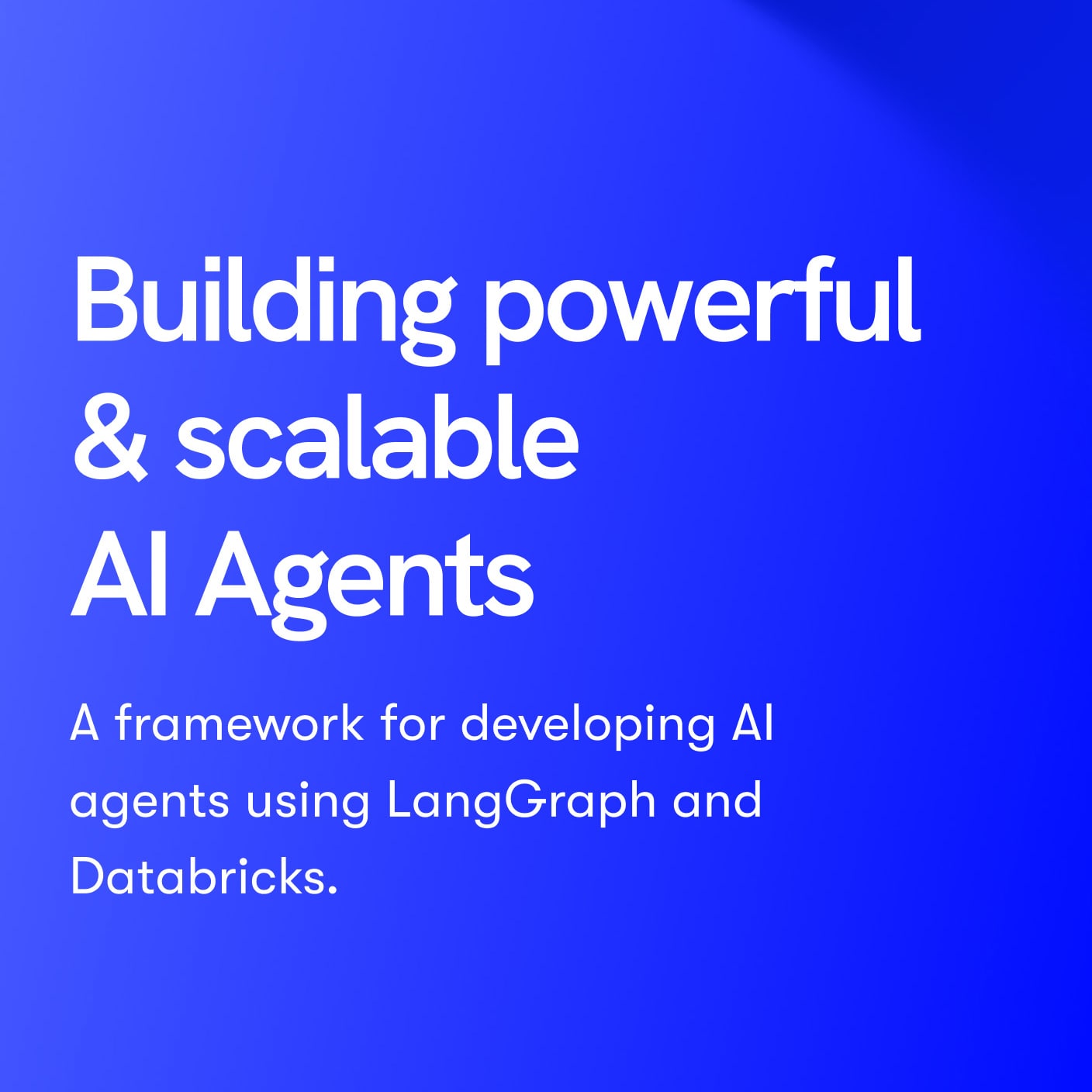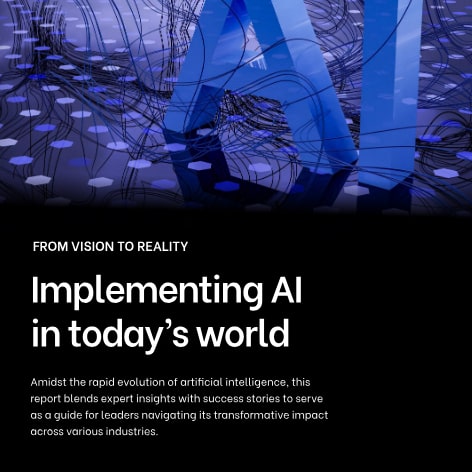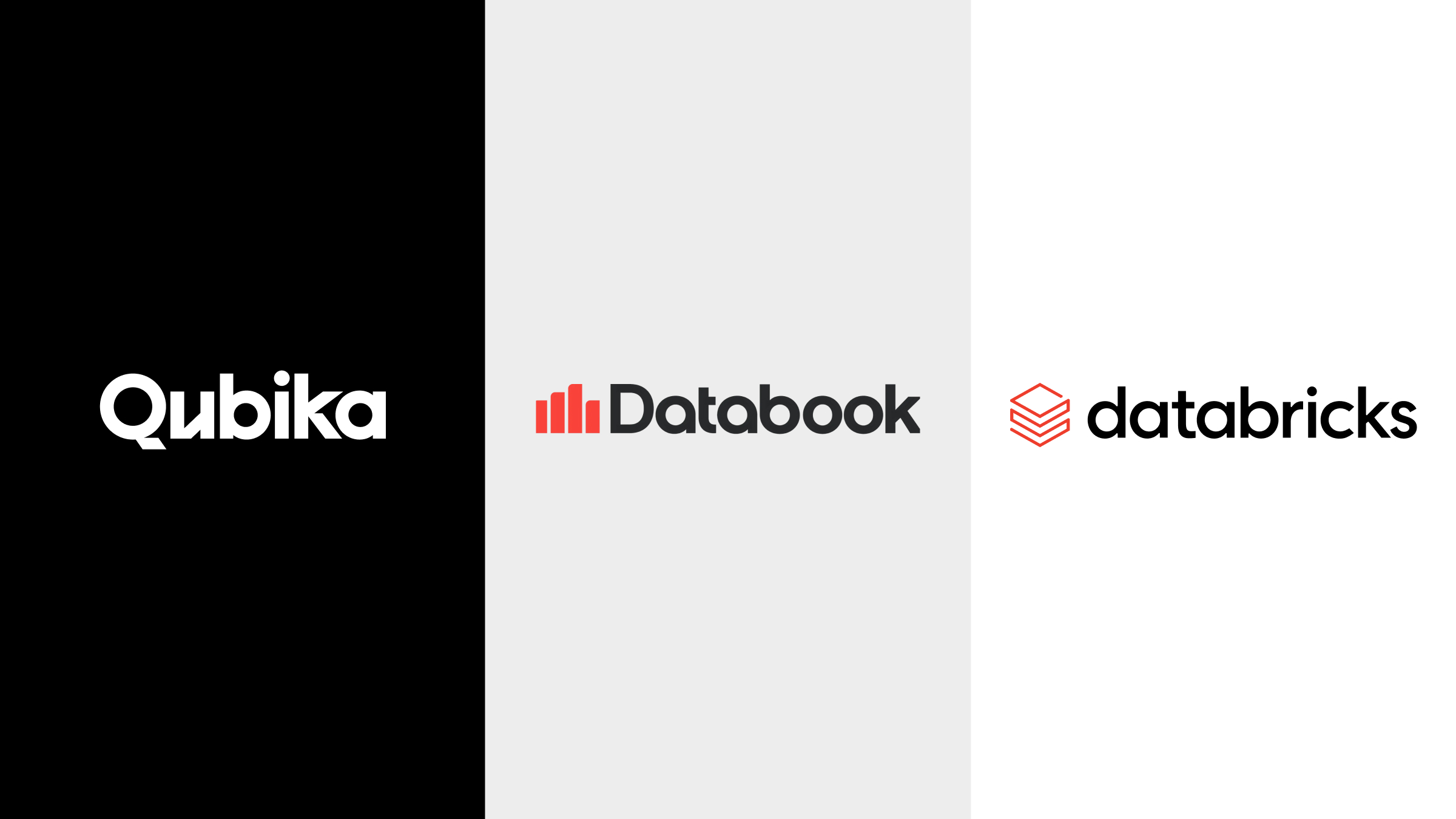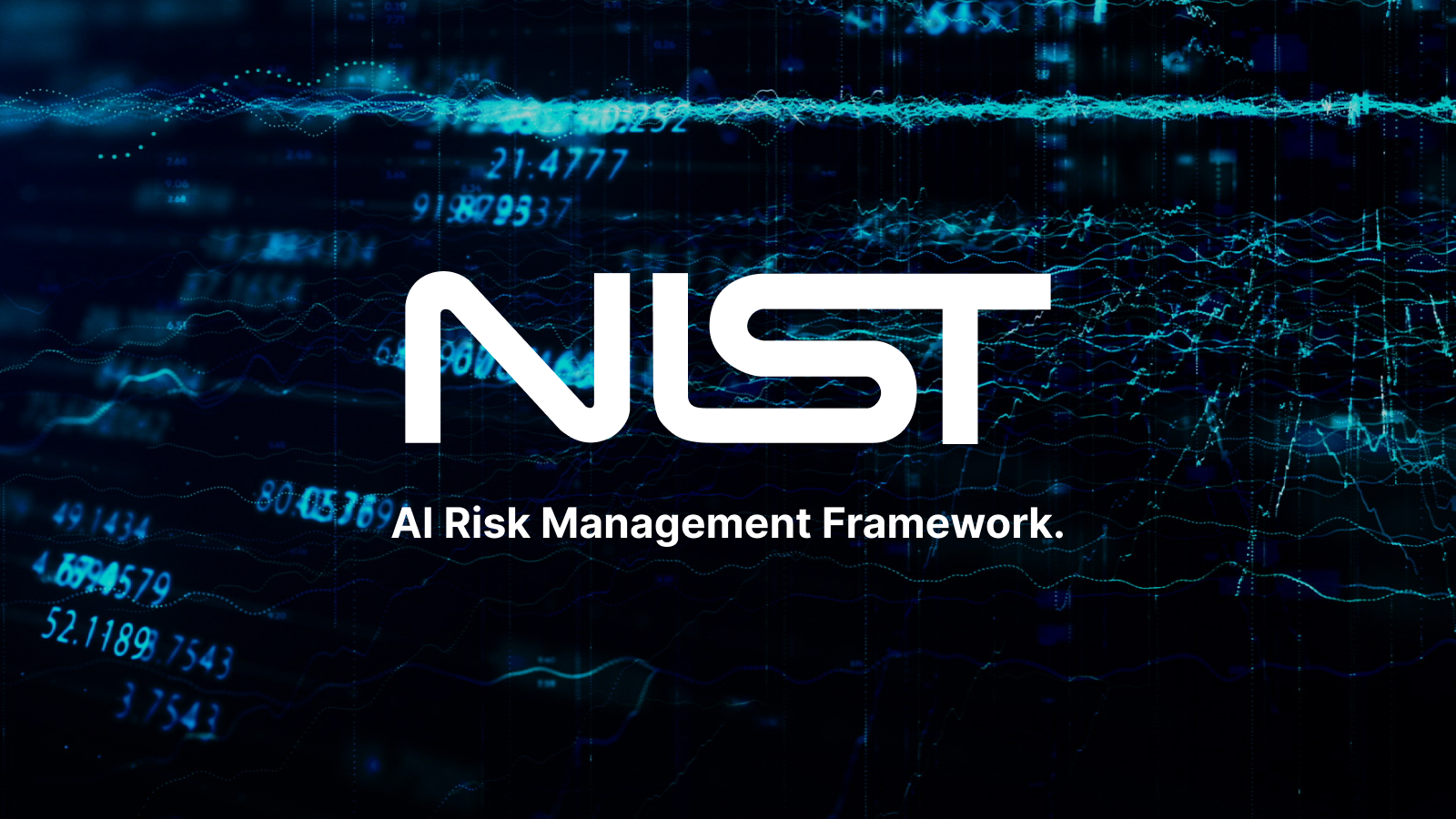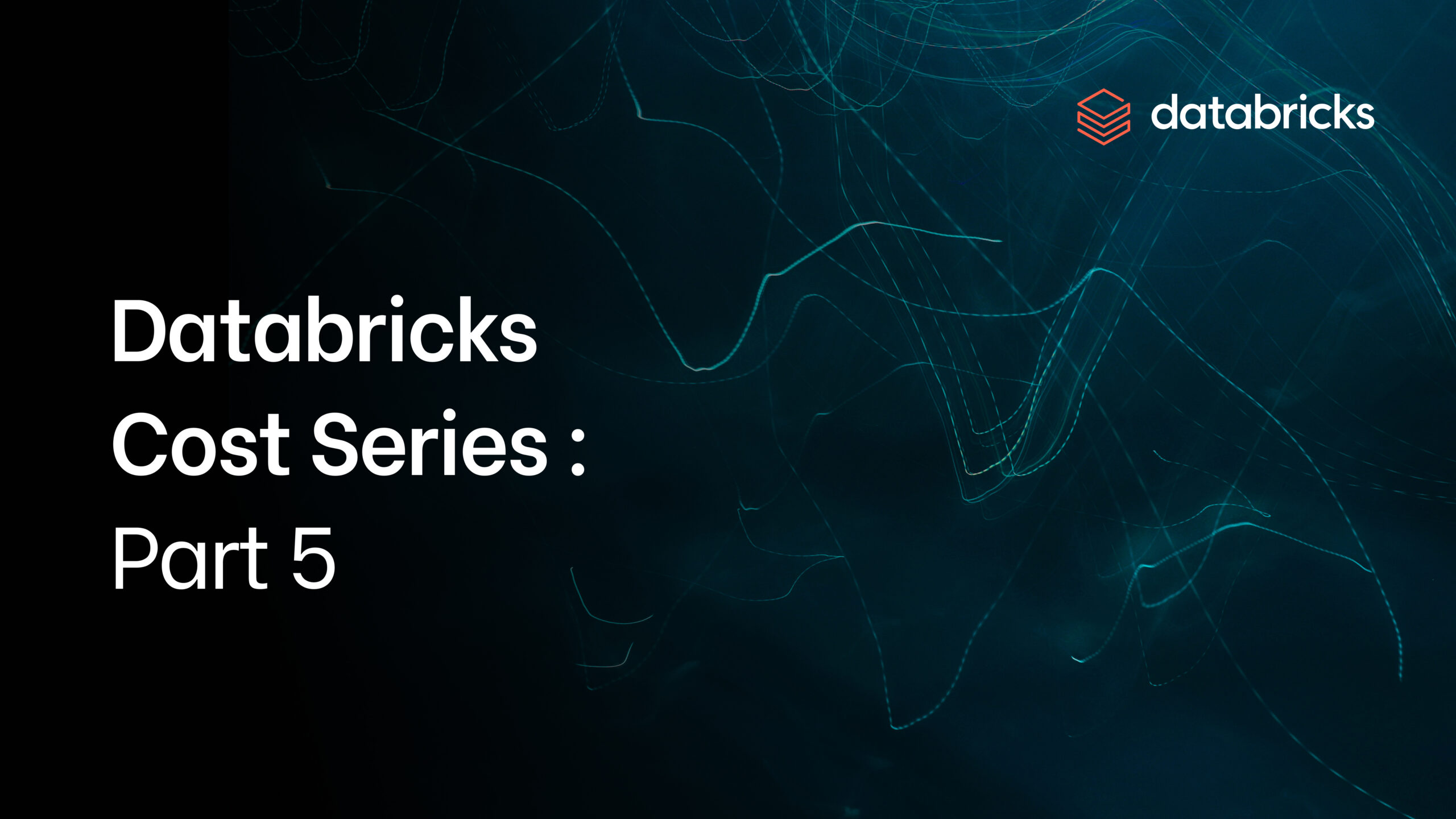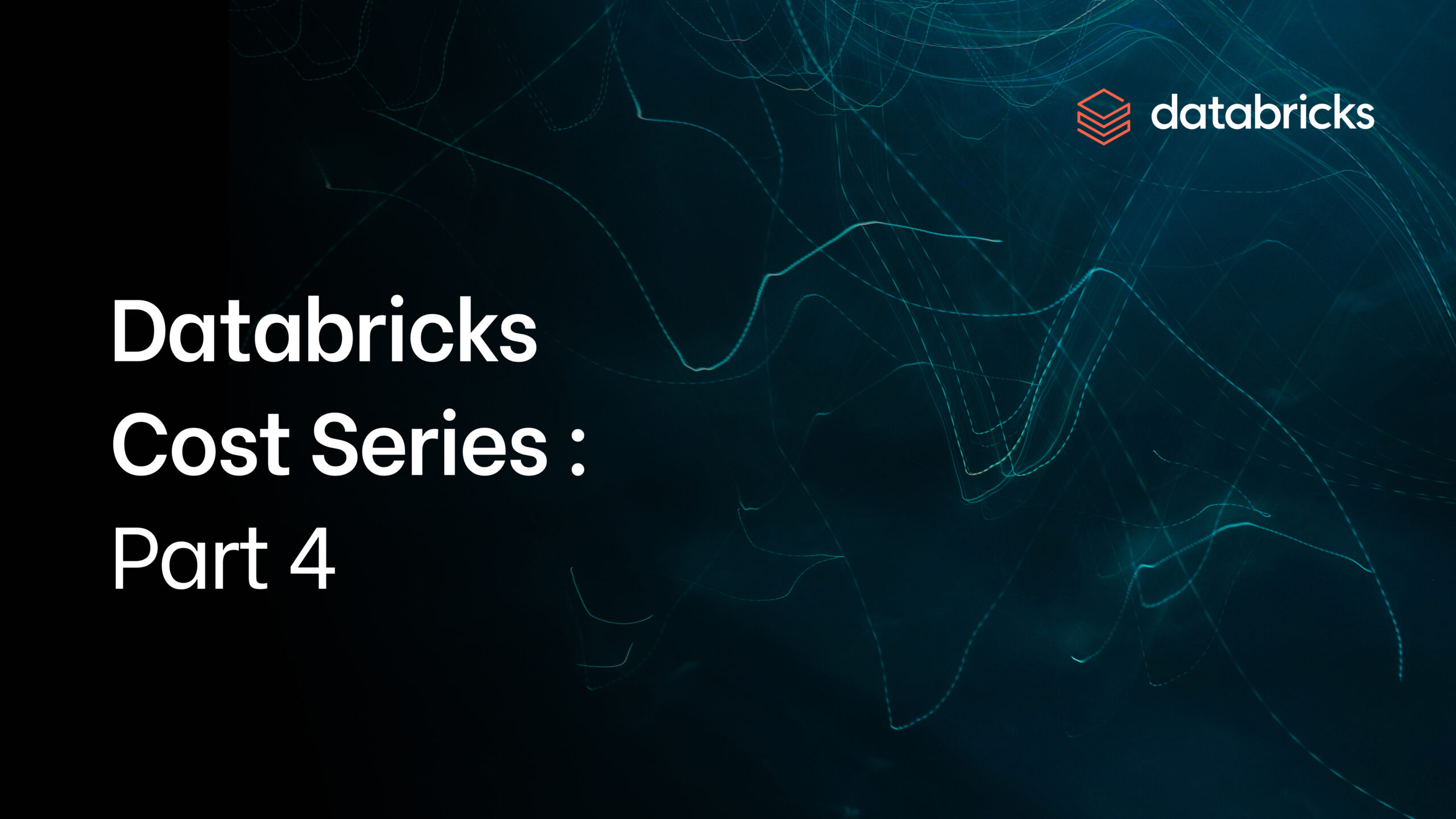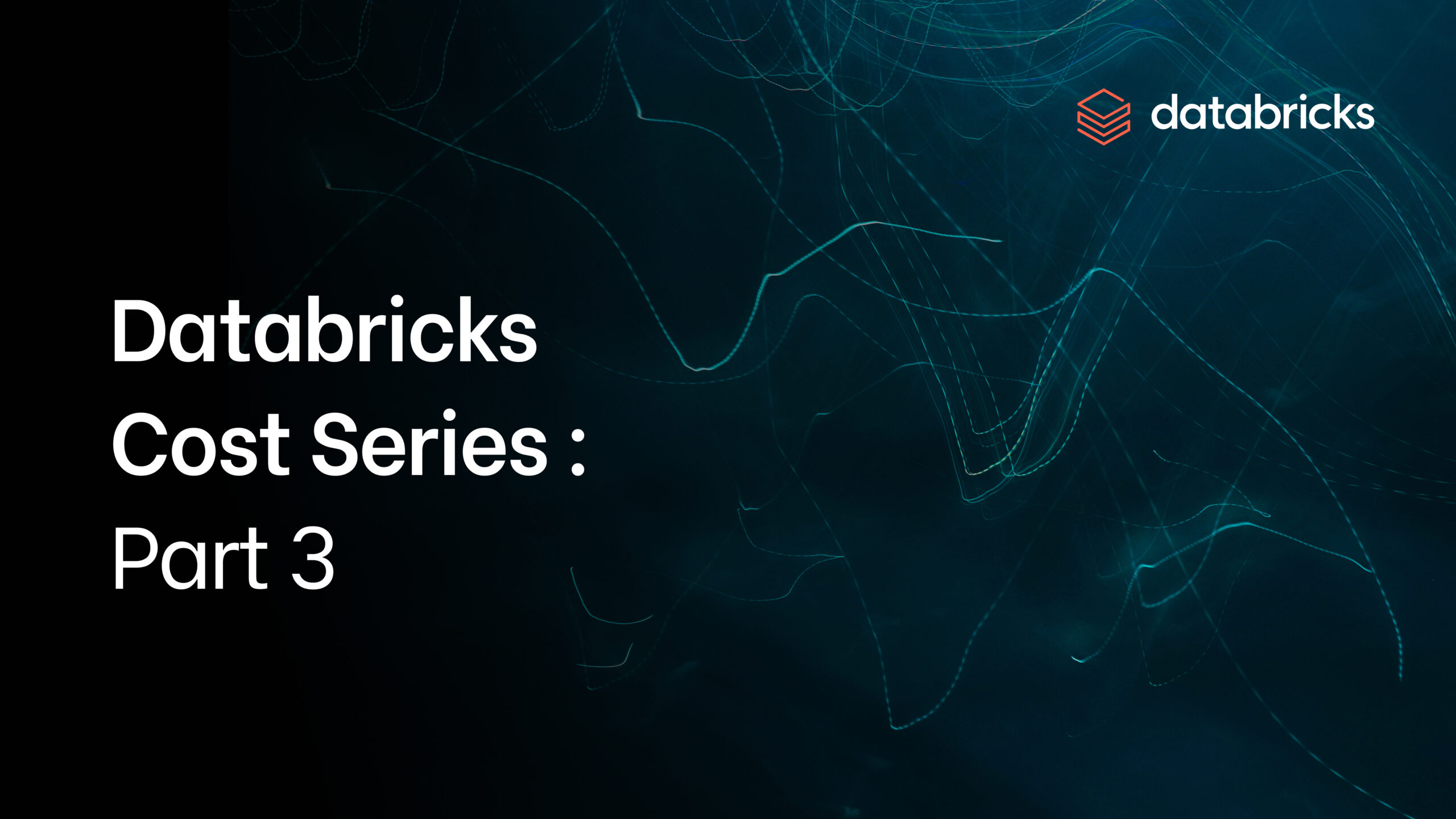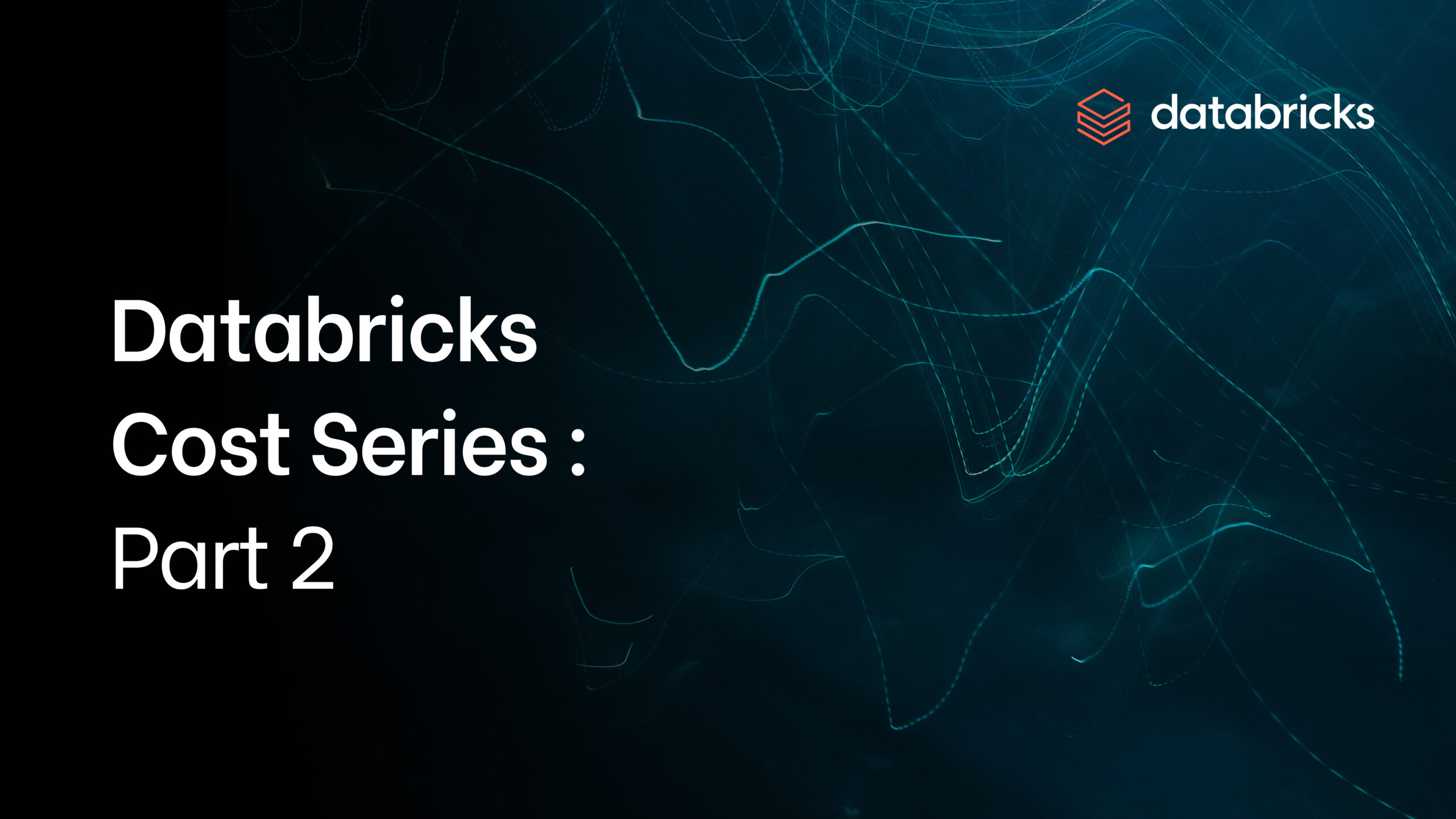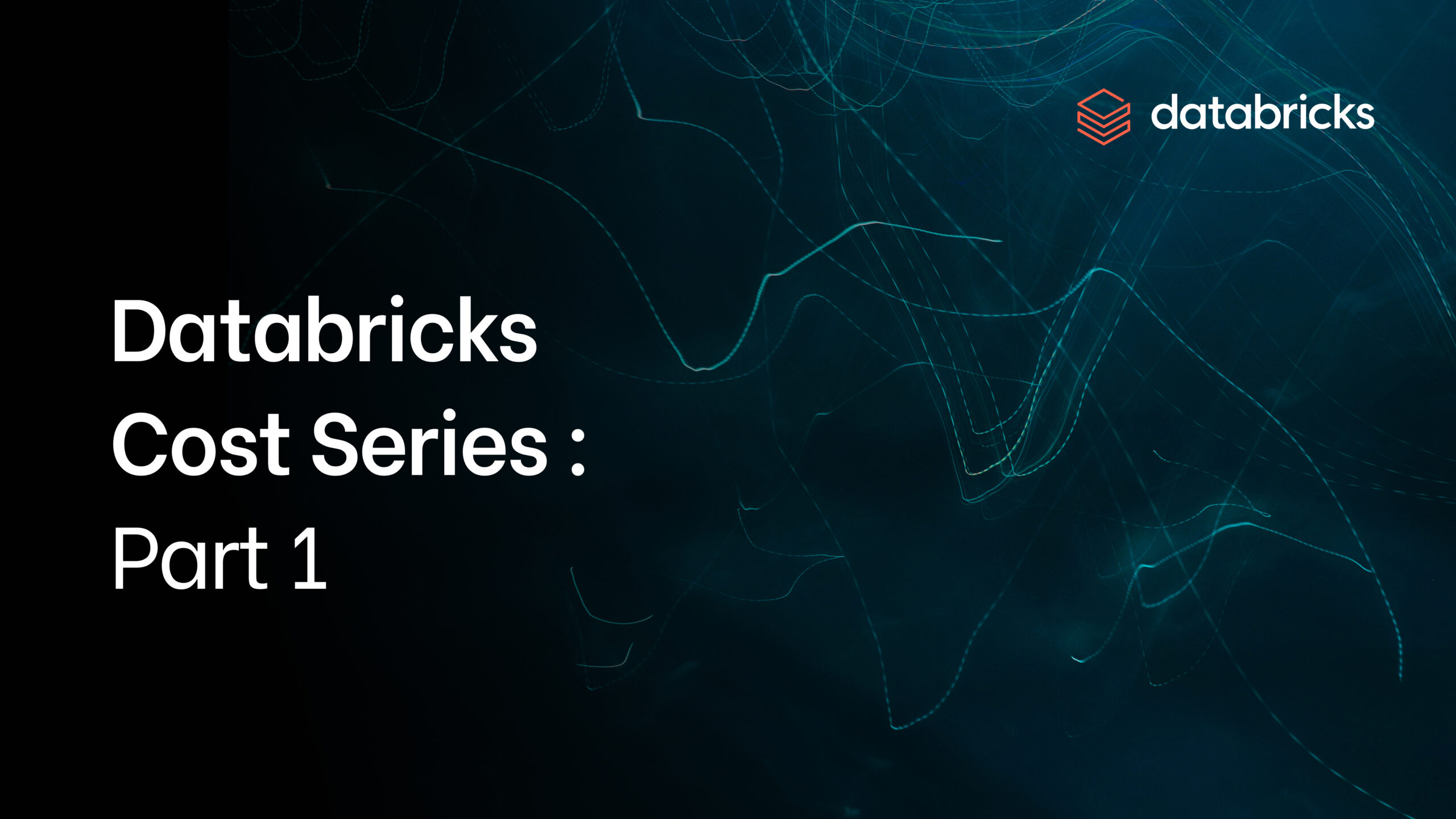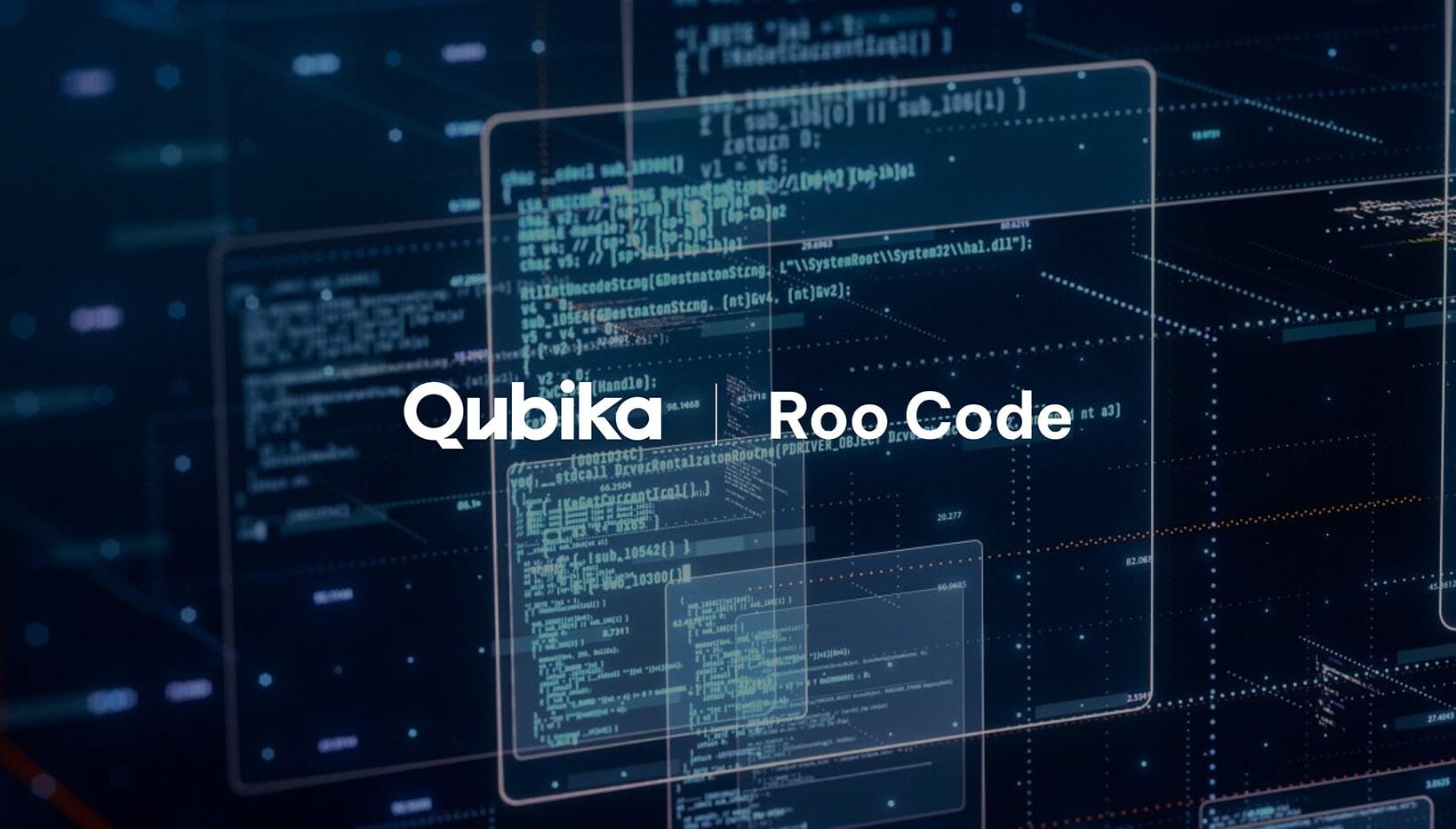The rapid evolution of AI software development assistants, such as Copilot, Cursor, Windsurf, Cline, Amazon Q, and several others, has been nothing short of transformative. As senior technical executives, you’ve likely been evaluating the potential and the pitfalls of integrating these powerful tools and agents into your workflows, development processes, and existing codebases. At Qubika, we’ve been on the same journey as part of our broader AccelerateAI framework, meticulously analyzing the landscape to determine the best approach to harnessing the true power of AI without sacrificing the control, security, and transparency that enterprise-level development demands.
Through this deep exploration, we’ve distilled key concepts and forged a robust methodology. Our goal was clear: to empower development teams with AI assistance that integrates seamlessly into their existing environments, enhancing productivity without introducing unnecessary complexity or risk. This is why we developed the Qubika Prompt System (QPS).
QPS isn’t another standalone Integrated Development Environment (IDE). Instead, think of it as an intelligent layer that customizes and elevates the agent modes within your developers’ preferred IDEs. We recognize that your teams have established workflows and toolchains, and our philosophy is to augment, not disrupt.
The challenge of simply allowing your development teams to use AI tools without control
In this fast-paced environment, the temptation to simply allow development teams to “use AI tools” without a structured framework is significant. While this approach seems to empower individual developers, it introduces a host of hidden risks. An autonomous AI agent, for all its power, can be a black box. You provide a high-level command, and it immediately starts modifying files and making complex changes. The developer – and by extension, the business – only sees the final result.
This lack of control can lead to serious issues. If the AI’s internal plan is flawed, or if it introduces vulnerabilities, these errors are often deeply woven into the codebase before they are discovered. This forces your teams into a reactive cycle of code review and extensive cleanup, which is both time-consuming and inefficient. For the enterprise, this reactive posture represents a significant risk to code quality, security, and project timelines. It’s an approach that lacks security, transparency, and structure – and which could ultimately lead to serious regulatory and compliance risks.
The solution: The structured, multi-agent approach of the Qubika Prompt System
The Prompt System is an AI-powered development workflow that provides specialized modes for strategic planning, implementation, security auditing, and debugging. It works with any text-based project regardless of programming language, framework, or domain. At the same time, it allows developers to use different models for different purposes.
The core innovation of QPS lies in its structured, multi-agent approach. QPS functions as a team of specialized AI agents, each focused on a specific aspect of the development lifecycle:
- The Orchestrator: This agent analyzes the initial request, clarifies the objectives, and intelligently delegates sub-tasks to the most appropriate specialist within QPS. It ensures clarity and proper context from the outset.
- The Architect: Before any code is touched, the Architect agent researches the codebase and designs a detailed, step-by-step implementation plan. This provides a crucial layer of foresight and strategic thinking.
- The Debugger: When issues arise, the Debugger agent systematically investigates, pinpoints the root cause, and generates a prioritized task list for resolution. This structured approach streamlines debugging and reduces reactive firefighting.
- The Security Analyst: Embedded within the process, this agent proactively scans for potential vulnerabilities and creates prioritized remediation tasks, ensuring security is baked in, not bolted on.
- The Coder: This is the execution engine. Following the approved plan, the Coder agent methodically writes code and modifies files, ensuring adherence to the defined strategy.
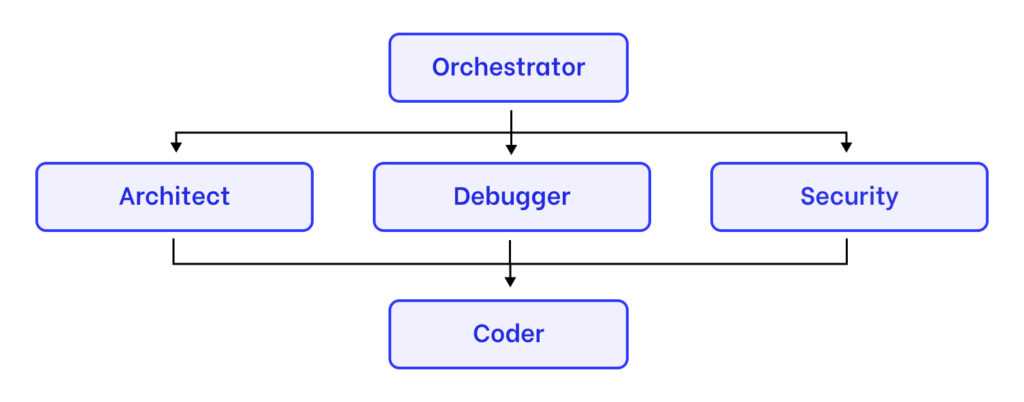
This separation of concerns, enforced by QPS, provides a level of control and transparency that is often lacking in more monolithic AI agent solutions. By introducing a mandatory approval step after the “Analyze & Plan” phase, QPS shifts the focus of code review from reactive debugging to proactive strategic alignment. This means you’re reviewing the plan before significant code changes are made, allowing for early course correction and minimizing costly rework.
Key benefits of the prompt system
- Language-Agnostic: Works with any text-based programming language
- Tool-Agnostic: Compatible with GitHub Copilot, Cursor, and other IDEs with agentic capabilities.
- Domain-Agnostic: Adapts to your project without business-domain assumptions
- Intelligent Routing: Automatically routes tasks to appropriate specialized contexts
- State Management: Maintains project memory across sessions
In essence, QPS empowers your developers with AI that is not just intelligent, but also accountable and auditable. It is context-aware and improves context engineering when generating code using LLMs. It allows you to leverage the speed and efficiency of AI while maintaining the oversight and control that are paramount in enterprise-level software development.
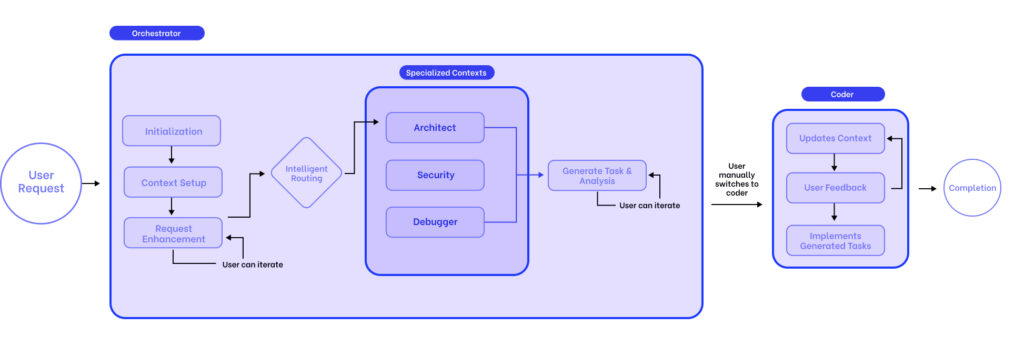
As you continue to navigate the evolving landscape of AI in technology, consider Qubika’s Prompt System as a strategic asset. It’s a grounded, practical solution that leverages the power of AI within the familiar context of your existing IDEs, providing a structured path to accelerated and more secure software development.
We invite you to explore how QPS can provide your organization with a significant competitive edge – learn more about Qubika’s AccelerateAI Framework.

